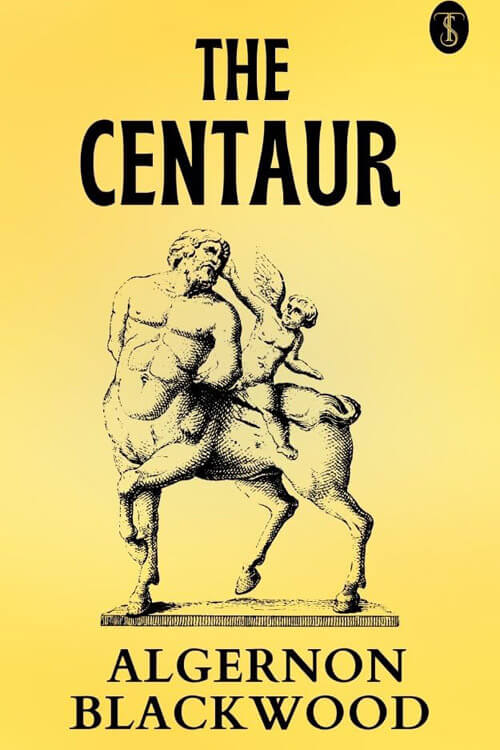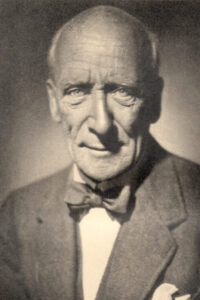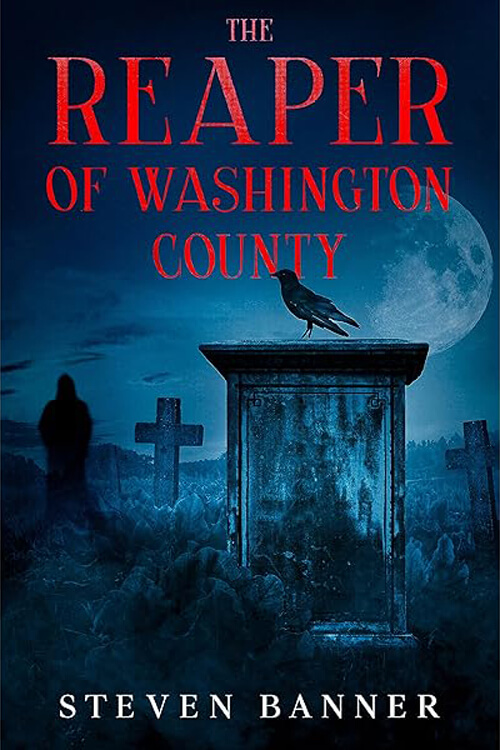
The Centaur
“There are certain persons who, independently of sex or comeliness, arouse an instant curiosity concerning themselves. The tribe is small, but its members are unmistakable. They may possess neither fortune, good looks, nor that adroitness of advance-vision which the stupid name good luck; yet there is about them this inciting quality which proclaims that they have overtaken Fate, set a harness about its neck of violence, and hold bit and bridle in steady hands.
“Most of us, arrested a moment by their presence to snatch the definition their peculiarity exacts, are aware that on the heels of curiosity follows—envy. They know the very things that we forever seek in vain. And this diagnosis, achieved as it were en passant, comes near to the truth, for the hallmark of such persons is that they have found and come into their own. There is a sign upon the face and in the eyes.
Having somehow discovered the ‘piece’ that makes them accessible to the fantastic puzzle, they know where they belong and, therefore, whither they are bound: more, they are definitely en route. The littlenesses of existence that plague the majority pass them by.
“For this reason, if for no other,” continued O’Malley, “I count my experience with that man as memorable beyond ordinary. ‘If for no other,’ because from the very beginning, there was another. Indeed, it was probably his air of unusual bigness, massiveness instead—head, face, eyes, shoulders, especially back and shoulders—that struck me first when I caught sight of him lounging there hugely upon my steamer deck at Marseilles, winning my instant attention before he turned and the expression on his remarkable face woke more—woke curiosity, interest, envy.
He wore this look of certainty that knows, yet with a tinge of mild surprise as though he had only recently known. It was less than perplexity. A faint astonishment as of a happy child—almost of an animal—shone in the large brown eyes—”
“You mean that the physical quality caught you first, then the physical?” I asked, keeping him to the point, for his Irish imagination was ever apt to race away at a tangent.
He laughed good-naturedly, acknowledging the check. “I believe that to be the truth,” he replied, his face instantly grave again. “The impression of uncommon bulk heated my intuition—blessed if I know how—leading me to the other. The size of his body did not smother, as so often is the case with big people; rather, it revealed. At the moment, I could conceive of no possible connection. Only this overwhelming attraction of the man’s personality caught me, and I longed to make friends. That’s the way with me, as you know,” he added, tossing the hair back from his forehead impatiently,”—pretty often. First impressions.
Read or download Book
Algernon Blackwood
Algernon Henry Blackwood, CBE (14 March 1869 – 10 December 1951) was an English broadcasting narrator, journalist, novelist, and short story writer. He was among the most prolific ghost story writers in the genre’s history.
Biography.
The literary critic S. T. Joshi stated, “His work is more consistently meritorious than any weird writer’s except Dunsany’s” and that his short story collection Incredible Adventures (1914) “may be the premier weird collection of this or any other century”.
Life and work
Blackwood was born in Shooter’s Hill (now part of southeast London, then part of northwest Kent). Between 1871 and 1880, he lived at Crayford Manor House, Crayford, and was educated at Wellington College. His father, Sir Stevenson Arthur Blackwood, was a Post Office administrator; his mother, Harriet Dobbs, was the widow of the 6th Duke of Manchester. Peter Penzoldt said his father, “though not devoid of genuine good-heartedness, had appallingly narrow religious ideas.” After Algernon read the work of a Hindu sage left behind at his parent’s house, he developed an interest in Buddhism and other Eastern philosophies. Blackwood had a varied career, working as a dairy farmer in Canada, operating a hotel for six months, as a newspaper reporter in New York City, bartender, model, journalist for The New York Times, private secretary, businessman, and violin teacher. During his time in Canada, he also became one of the founding members of the Toronto Theosophical Society in February 1891.
Throughout his adult life, he was an occasional essayist for periodicals. In his late thirties, he moved back to England and started writing supernatural stories. He successfully wrote at least ten original collections of short stories and later told them on radio and television. He also wrote 14 novels, several children’s books, and several plays, most of which were produced but not published. He was an avid lover of nature and the outdoors, as many of his stories reflect. To satisfy his interest in the supernatural, he joined The Ghost Club. He never married; his friends said he was a loner and cheerful company.
Jack Sullivan stated that “Blackwood’s life parallels his work more neatly than perhaps that of any other ghost story writer. Like his lonely but fundamentally optimistic protagonists, he was a combination of mystic and outdoorsman; when he wasn’t steeping himself in occultism, including Rosicrucianism or Buddhism, he was likely to be skiing or mountain climbing.” Blackwood was a member of one of the Hermetic Order of the Golden Dawn factions, as was his contemporary Arthur Machen. Cabalistic themes influence his novel The Human Chord.
His two best-known stories are probably “The Willows” and “The Wendigo”. He would also often write stories for newspapers at short notice, with the result that he was unsure exactly how many short stories he had written, and there was no sure total. Though Blackwood wrote many horror stories, his most typical work seeks less to frighten than to induce a sense of awe. Good examples are the novels The Centaur, which reaches a climax with a traveller’s sight of a herd of mythical creatures, and Julius LeVallon and its sequel The Bright Messenger, which deal with reincarnation and the possibility of a new, mystical evolution of human consciousness. Blackwood wrote in correspondence with Peter Penzoldt.






